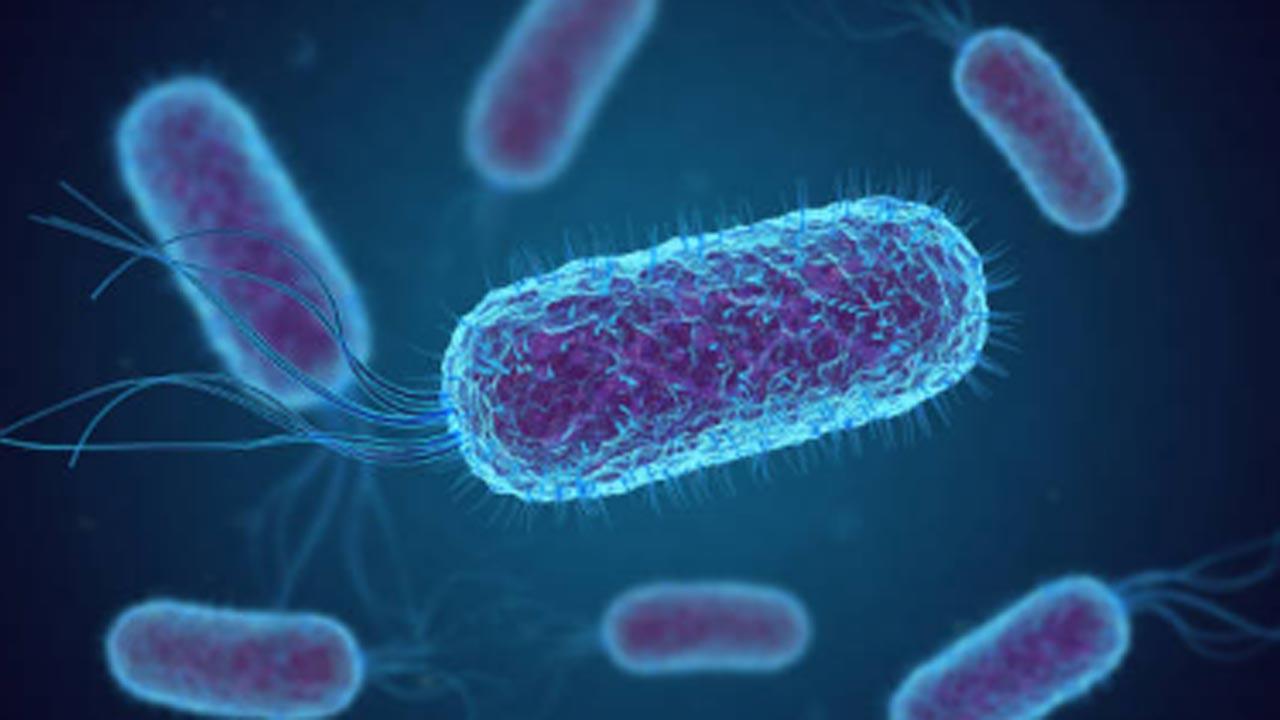Home / Lifestyle / Health & Fitness / Article /
Five bacteria were responsible for at least 6.8 lakh deaths in India in 2019
Updated On: 23 November, 2022 10:42 PM IST | New Delhi | IANS
The five deadly bacteria in India are led by E.coli, along with S. pneumoniae, K. pneumoniae, S. aureus and A. baumanii. E. Coli alone claimed at least 1.6 lakh lives in India in 2019

Image for representational purpose only. Photo Courtesy: istock
A new Lancet study has revealed that infections remain a leading cause of death globally and in India with as many as five bacteria were responsible for at least 6.8 lakh deaths in 2019.
The five deadly bacteria in India are led by E.coli, along with S. pneumoniae, K. pneumoniae, S. aureus and A. baumanii. E. Coli alone claimed at least 1.6 lakh lives in India in 2019.
Globally, there were 77 lakh deaths associated with the 33 bacterial pathogens (both resistant and susceptible to antimicrobials) across the 11 infectious syndromes.



